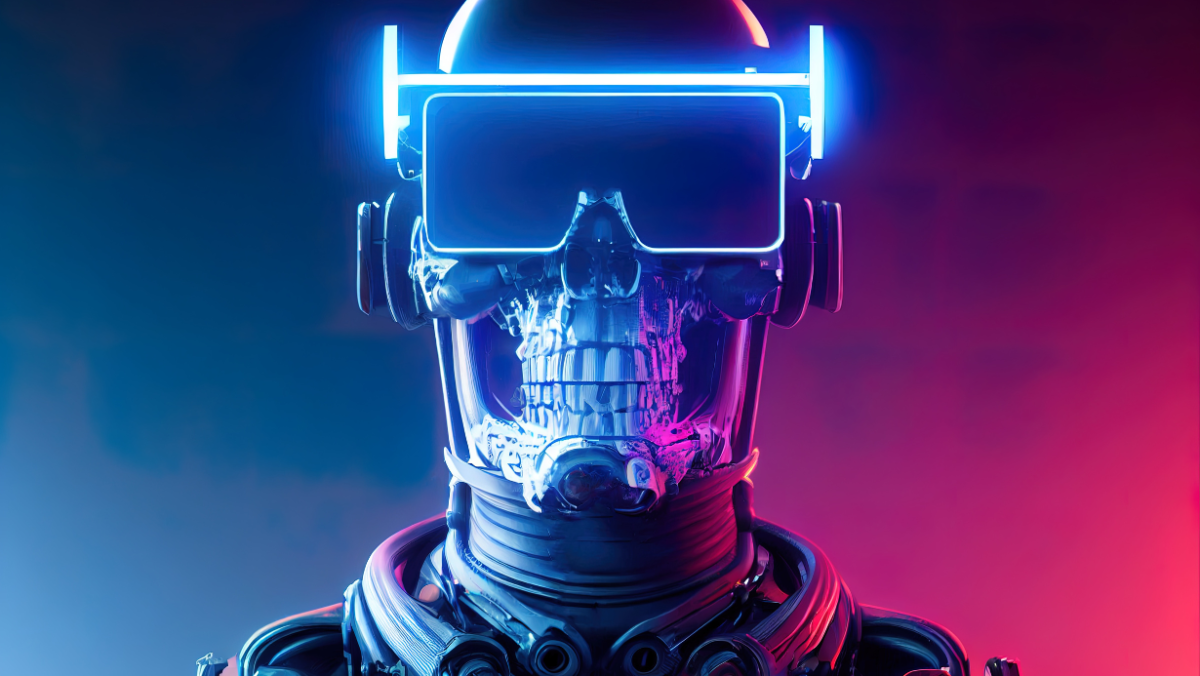Did you know that the term ‘science fiction’ was coined by Hugo Gernsback in the 1920s when he founded ‘Amazing Stories’, the first magazine dedicated solely to the genre? You’re about to embark on a journey that will take you through the labyrinth of this fascinating genre. From its inception and evolution, to its iconic authors and their influential works, to the various intriguing sub-genres within science fiction, we’ll cover it all.
We’ll also examine how this genre has left an indelible mark on popular culture. By the end of this guide, you’ll have a comprehensive understanding of science fiction and a list of must-experience works.
Ready to explore the universe?
Understanding science fiction: Origins and evolution
To truly appreciate science fiction, you must first understand its roots and how it has evolved over the centuries. This genre’s origins can be traced back to ancient mythology, but it truly blossomed in the 19th century with writers like Jules Verne and H.G. Wells. They infused their narratives with scientific theories, creating worlds beyond anything previously imagined.
Throughout the 20th century, you’ll see that science fiction expanded dramatically. It began to reflect societal changes and anxieties, exploring themes like nuclear war, space exploration, and artificial intelligence. You’ve probably heard of George Orwell’s ‘1984’ or Arthur C. Clarke’s ‘2001: A Space Odyssey’. These works not only entertained but also challenged readers to contemplate the implications of technological advancements and their impact on humanity.
Today, science fiction is a broad, dynamic genre. It’s not just about aliens or spaceships anymore. It’s a medium that allows writers to speculate about future, question societal norms, and provoke thought. It’s evolved into a tool that can be used to explore our fears, hopes, and dreams.
Iconic authors and their influential works
Now that you’ve got a handle on the history of science fiction, let’s explore some of the iconic authors who’ve left an indelible mark on the genre with their influential works. You’ll discover how their imaginative storytelling and inventive ideas have shaped science fiction and inspired countless other authors.
Firstly, there’s no discussion of science fiction without mentioning Isaac Asimov. His ‘Foundation’ series is a cornerstone of the genre, weaving a complex tale of a galactic empire’s rise and fall.
Secondly, Philip K. Dick is renowned for his mind-bending narratives. Works like ‘Do Androids Dream of Electric Sheep?’ question the nature of reality and humanity, themes still prevalent in today’s science fiction.
Lastly, but certainly not least, is Ursula K. Le Guin. Her ‘Hainish Cycle’ series broke new ground, exploring sociological themes within a sci-fi framework.
These authors aren’t just writers; they’re visionaries who’ve expanded our horizons and challenged our perception of what’s possible. As you delve into their works, you’ll not just enjoy a good read, but also see how they’ve defined and redefined science fiction.
Noteworthy sub-genres within science fiction
Diving deeper into the realm of science fiction, you’ll encounter a myriad of noteworthy sub-genres, each with its unique characteristics and themes.
Let’s explore a few. First, there’s ‘hard science fiction,’ which bases its stories on real, existing science. It’s packed with technical details, so you’ll feel like you’re learning while you’re reading.
Then, there’s ‘soft science fiction,’ focusing more on social sciences like psychology and politics. It’s often thought-provoking, offering a different perspective on our society.
Next, you’ll find ‘military science fiction.’ As the name suggests, it deals with warfare, usually in space or involving extraterrestrial life. It’s action-packed, perfect for thrill-seekers.
Then, there’s ‘cyberpunk,’ a sub-genre that combines high tech with low life, often set in dystopian futures ruled by mega-corporations. It’s gritty, it’s dark, and it’ll make you question the path technology is taking us.
Lastly, ‘time-travel’ science fiction, where characters move between different times, often creating paradoxes and alternative realities. It’s mind-bending and challenging, but oh so captivating.
Each of these sub-genres adds richness and variety to the vast universe of science fiction, offering something for everyone.
Science fiction’s impact on popular culture
While each sub-genre of science fiction offers its own unique flavor, collectively they’ve had a profound influence on popular culture that’s worth examining. You see, science fiction doesn’t just entertain. It’s a powerful tool that shapes our perceptions and expectations of the future. It’s often where you’ll first encounter concepts that eventually become reality.
Now, let’s consider three ways in which science fiction has left its mark:
- Technology: From Star Trek’s communicators to Minority Report’s touch screens, science fiction has often predicted or inspired real-world technology. You’re living in a world where many of yesterday’s dreams have become today’s reality.
- Fashion: Think of the iconic looks from Blade Runner or Tron. They’ve influenced fashion trends, making the futuristic style a part of our everyday wear.
- Social issues: Science fiction is a platform for social commentary, often highlighting problems in a hypothetical future. It urges you to ponder what’s happening now and to consider the kind of world you want to create.
In essence, science fiction’s influence on popular culture is pervasive and undeniable. It’s more than just a genre; it’s a lens through which you view the world.
Reading recommendations for Sci-Fi beginners
If you’re new to the genre and unsure where to start, here are a few science fiction novels that might pique your interest.
First off, you can’t go wrong with ‘Dune’ by Frank Herbert. This epic tale of interstellar politics and ecology is a cornerstone of the genre. It’s dense, but don’t let that intimidate you. You’ll get swept up in its immersive world.
If you’re more into dystopian futures, ‘1984’ by George Orwell might be your cup of tea. It’s a chilling look at a totalitarian society, sure to make you ponder about freedom and surveillance.
Then there’s ‘Ender’s Game’ by Orson Scott Card. If you love strategic games and moral dilemmas, this one’s for you. It’s about a genius kid trained to fight an alien invasion.
Lastly, ‘The Martian’ by Andy Weir is a must-read. It’s a gripping survival tale of an astronaut stranded on Mars. It blends hard science with humor brilliantly.
Conclusion
So, ready to dive into the vast universe of science fiction? Remember, this genre isn’t just about spaceships and aliens. It’s a mirror reflecting our society, our fears, and our hopes.
Will you let sci-fi icons like Asimov and Clarke guide your journey? Or will you explore the unknown realms of its sub-genres? Either way, embarking on this cosmic adventure will change your perspective.
Are you prepared to see your world through a different lens?
Frequently Asked Questions
How Has the Medium of Film and Television Impacted the Development of Science Fiction Narratives?
Film and TV have greatly shaped sci-fi narratives. They’ve made it more visual, driving creators to dream bigger, explore deeper, and push boundaries. You see this impact in the intricate world-building and special effects.
What Role Does Diversity Play in Science Fiction Literature and How Has It Evolved Over Time?
Diversity’s role in sci-fi literature is vital. You’ll see a stark contrast between old, homogeneous narratives and today’s inclusive stories. It’s evolved to reflect society’s changing demographics, creating more relatable, varied characters and worlds.
How Does the Science Fiction Genre Approach Philosophical and Ethical Questions?
In sci-fi, you’ll often grapple with profound philosophical and ethical questions. Writers use futuristic settings to challenge existing beliefs, letting you ponder moral dilemmas or explore deep existential queries in unique, thought-provoking ways.
Can Science Fiction Be Used as a Tool for Predicting Future Technologies?
Absolutely, you can view science fiction as a crystal ball of sorts. It’s often used to speculate about future technologies, and sometimes, these imaginative ideas become reality. It’s an unexpected but effective predictor.
What Are Some Common Misconceptions About the Science Fiction Genre?
You might think that sci-fi is all about aliens and spaceships. That’s a common misconception. It’s not just futuristic fantasy; it often explores social, political, and philosophical issues through a speculative lens.










